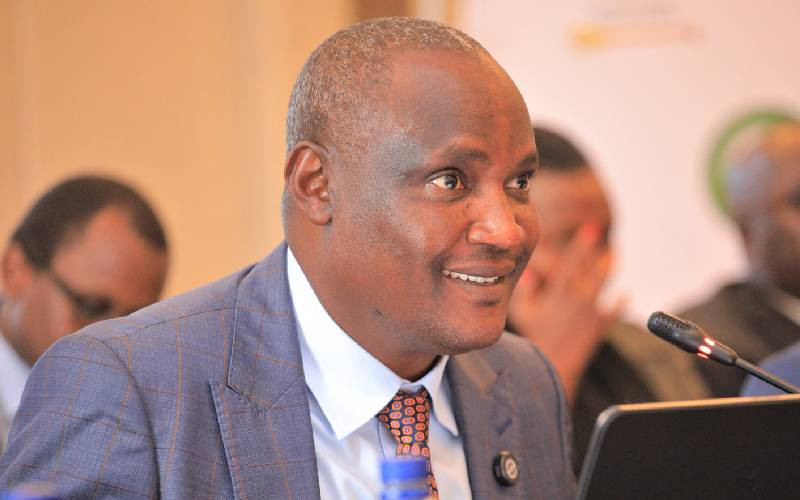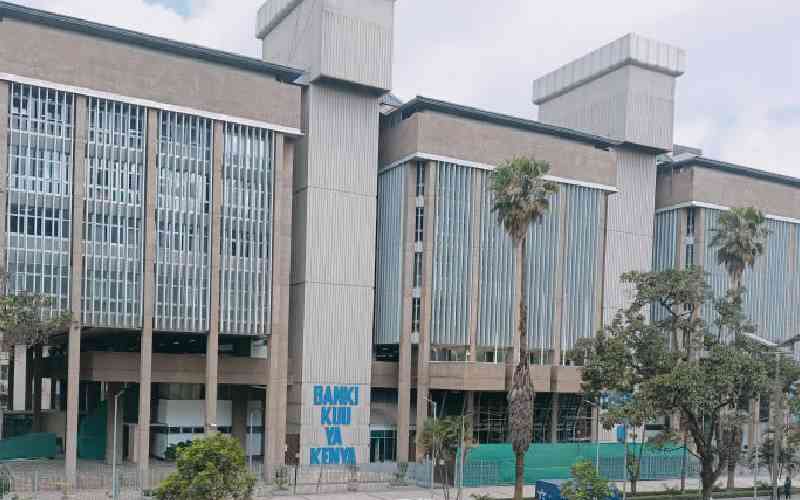×
The Standard e-Paper
Join Thousands Daily

Airtel Kenya and Telkom merger collapsed at the last minute after months of negotiations. [File, Standard]
When Airtel Kenya and Telkom Kenya announced plans to merge operations to take on market leader Safaricom two years ago, the deal was seen as key to the future survival of the two firms.







